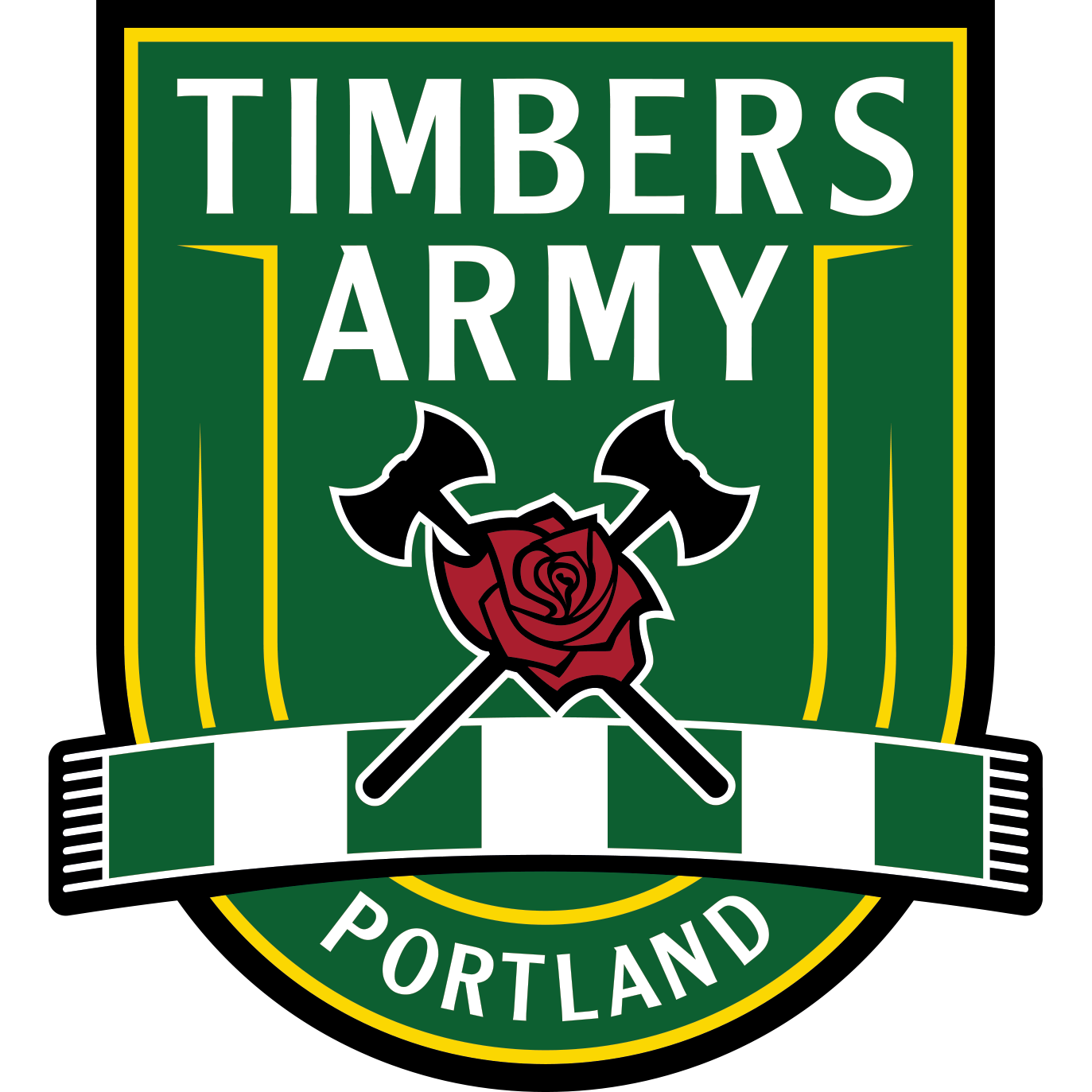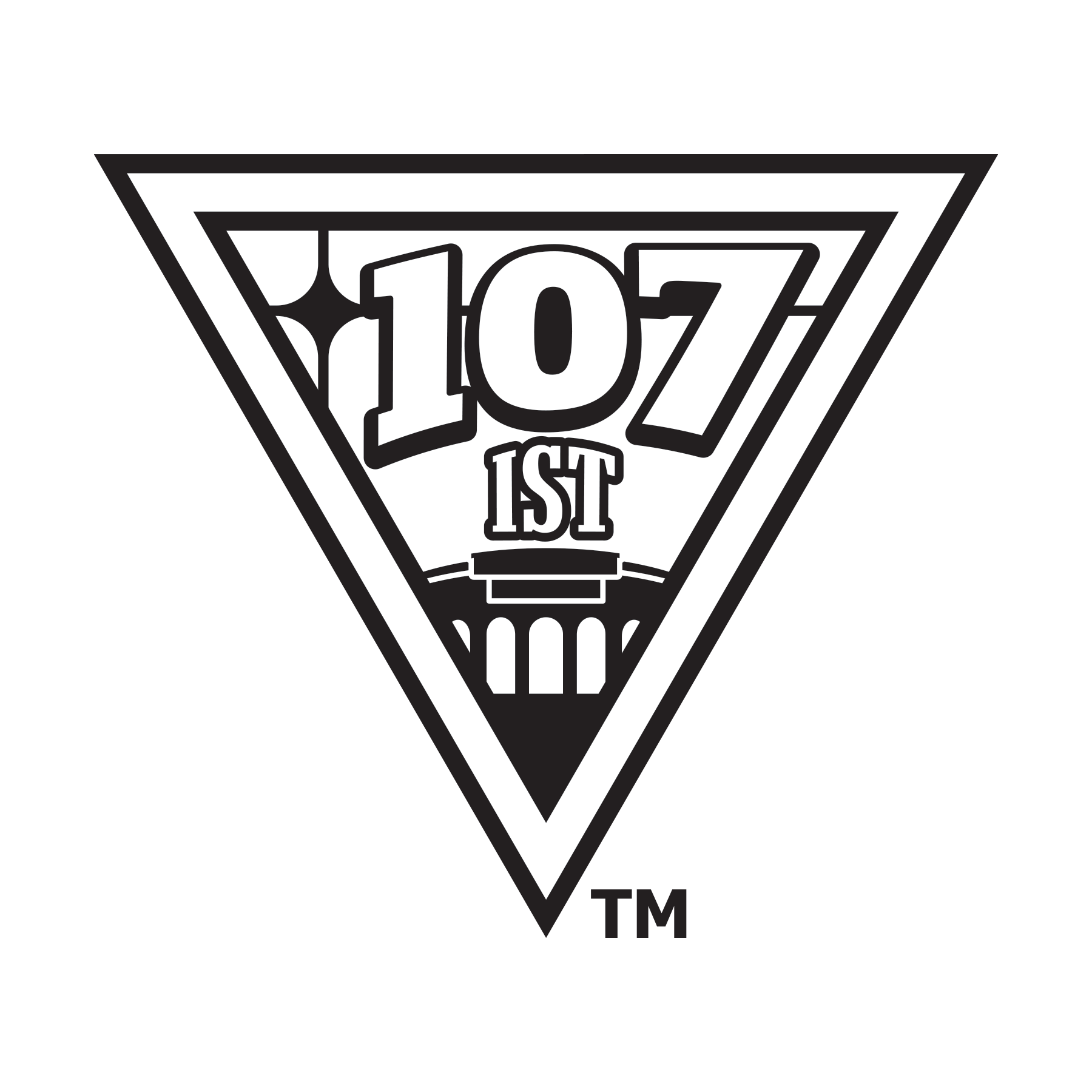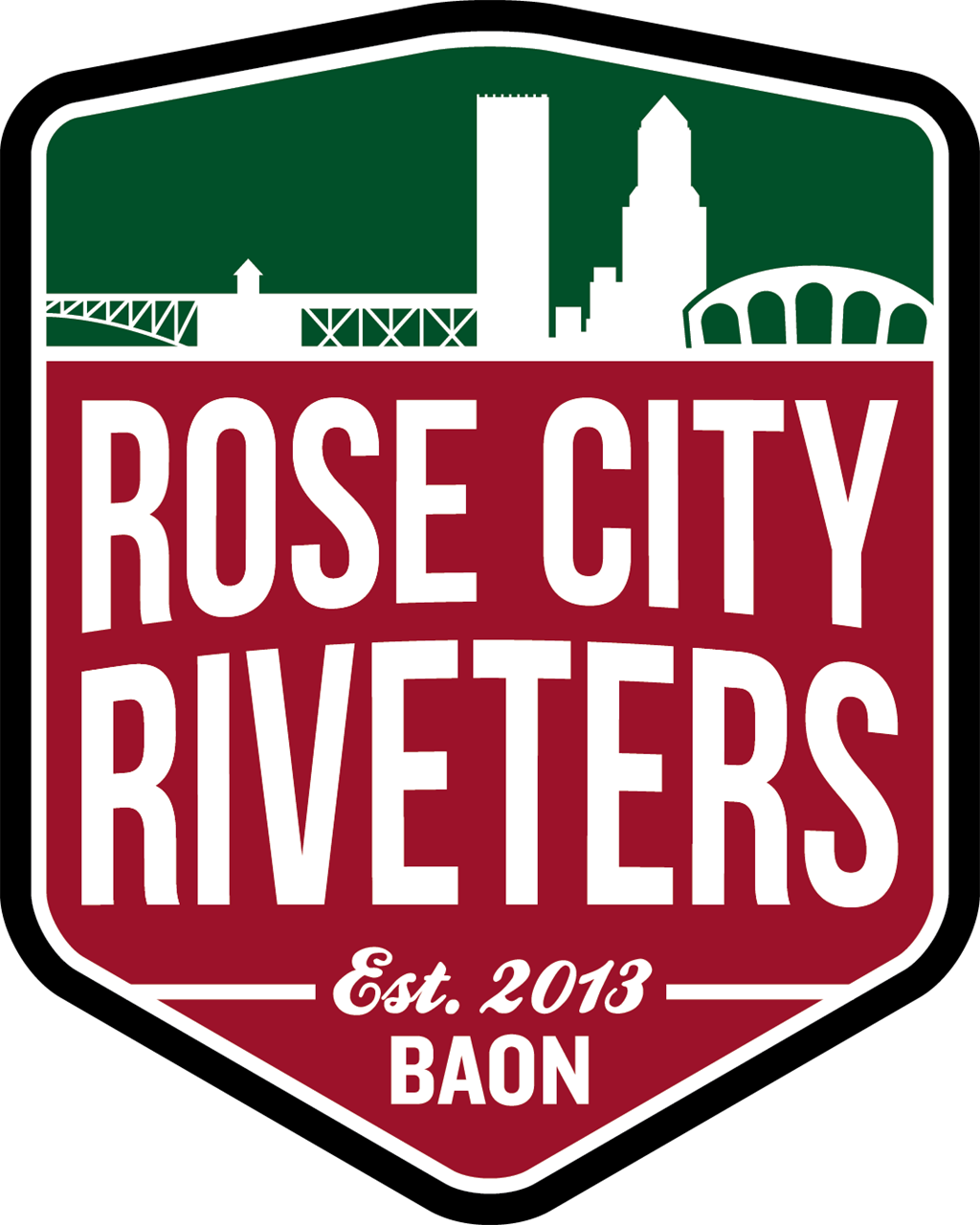—by Sherrilynn "Sheba" Rawson
The game-day ticket exchange is our contribution to keeping match tickets available and reasonably priced for as many people as possible. It’s something I’m proud to be able to take part in as a 107IST member, and is near and dear to my heart. Donated tickets at the exchange not only give reasonably priced access to games, they also support 107IST efforts in mission-critical areas like tifo and community outreach. If you’re new to the ticket exchange, or if you have questions, hopefully this FAQ will help.
What is the Game-Day Ticket Exchange?
It’s a place you can go to buy, sell, or donate tickets at face value or less on the day of the match.
Where is it?
At the Axe & Rose across from the stadium, 1737 SW Morrison, on the corner of SW Morrison and 17th. For Timbers games, the ticket exchange is at the membership services table outside of Legends, the members-only beer garden on the right. For Thorns games, the ticket exchange is at the merchandise counter inside of the Axe & Rose merch store on the left.
When is it?
We almost always open the game-day ticket exchange 3.5 hours before the scheduled start of a Timbers match and 2 hours before the scheduled start of a Thorns match, unless it’s a weekday match. Then it opens as soon as we can reasonably staff the Axe & Rose.
How much are tickets?
Face value or less. If you’re buying a donated ticket, the price will be the same as it would cost a season ticket holder for that ticket. The most common ticket people donate and buy is of course a TA/GA (general admission) ticket in the north end of the stadium.
Note that the face value of tickets purchased as single game tickets is higher, and the price of so-called “premium” match single game tickets is higher still. But if you’re buying a donated TA/GA ticket or a TA/GA ticket from a season ticket holder, that ticket should cost you no more than the cost of a single ticket costs season ticket holders at the game day ticket exchange.
Can I buy tickets from the game-day ticket exchange in advance of game day?
No. There are other ways to get tickets before match day. If you know ahead of time that you want to attend a match, it’s always better to try other avenues first to secure your tickets, rather than trusting to the luck of the draw on game day. Hit up your circle of friends, check the 107IST Discord, post something on the #RCTID or #BAONPDX hashtags on Bluesky (and check for responses regularly). And if you want more than one ticket, don’t be afraid to buy them one at a time as they become available in those online spaces. I know somebody who managed to acquire enough tickets for their entire wedding party that way.
Can I email or phone in my request for tickets?
No. Aside from the fact that the Axe & Rose doesn’t have a land line, the purpose of the ticket exchange is to provide last-minute, in-person opportunities to exchange tickets. You must actually show up and be present if you want to purchase a ticket from the exchange on game day.
How do I donate a ticket?
You can email extra tickets to ticketdonation@107ist.org for Timbers tickets and ticketdonation@rosecityriveters.org for Thorns tickets. And yes, you can send them there straight from the SeatGeek app.
I’ve used the game-day ticket exchange before, but it's been awhile. Anything else I need to know?
Yes. If it's been awhile, please note that especially for high-demand matches:
(1) We’re limiting requests to four tickets per person.
(2) we’re keeping track of whether the person requesting the ticket is a 107IST member.
In the first case, we’re responding to a small number of people who have taken to using the ticket exchange not as an occasional last-minute ticket source but as their regular go-to for several tickets for themselves and a large group of friends. If you have a bunch of people who all know they want to attend the game, they can either use other methods to line up as many tickets as possible ahead of time from other sources; or at the very least they can show up on match day and wait at the game-day exchange like everybody else.
In the second case, while we certainly want to facilitate reasonable ticket prices for all, we also recognize that the actual Axe & Rose space for the ticket exchange, as well as the computer, Internet, and of course the game-day volunteers, are all there thanks to the 107 Independent Supporters Trust. Without member dollars and member volunteers, the game-day ticket exchange simply wouldn’t exist. We don’t know what demand for tickets will be this year, but if we need to give priority to the people who are making the ticket exchange possible, we will.
I have a question/comment that you didn’t address. Who should I talk to?
Feel free to leave additional questions in the comments below, or email sherrilynn.rawson@107ist.org
See you on game day!


